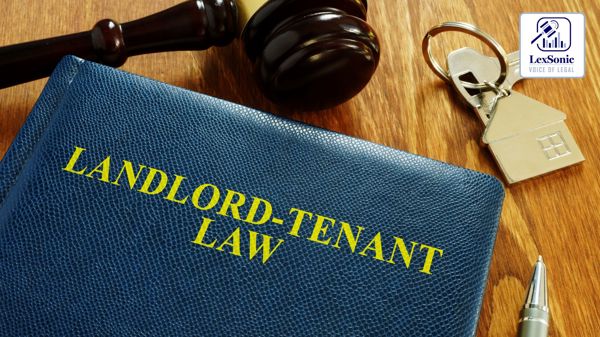Tenant Relief: Court Order Offers Pathway to Eviction Amid Ongoing Dispute.
09 October 2024
Civil Revision >> Civil & Consumer Law | Landlords & Tenants >> Personal Law
The court’s directive allows the petitioner, a tenant, three weeks to submit legible and typed copies of necessary annexures. The primary aim of the application is to seek an extension for the payment of outstanding amounts owed to the landlord, alongside a continuation of the stay order until the next hearing scheduled for November 19, 2024.

In a notable twist, the tenant’s counsel revealed that the tenant claims a lack of financial resources to pay the owed amounts but expressed intentions to vacate the premises by December 31, 2024. The court engaged with the tenant’s family, aiming to assess their situation.
As the matter is set for further compliance review on November 19, 2024, both parties have been advised to proceed based on the digitally signed order, marking a crucial step toward resolving this long-standing rental dispute.
